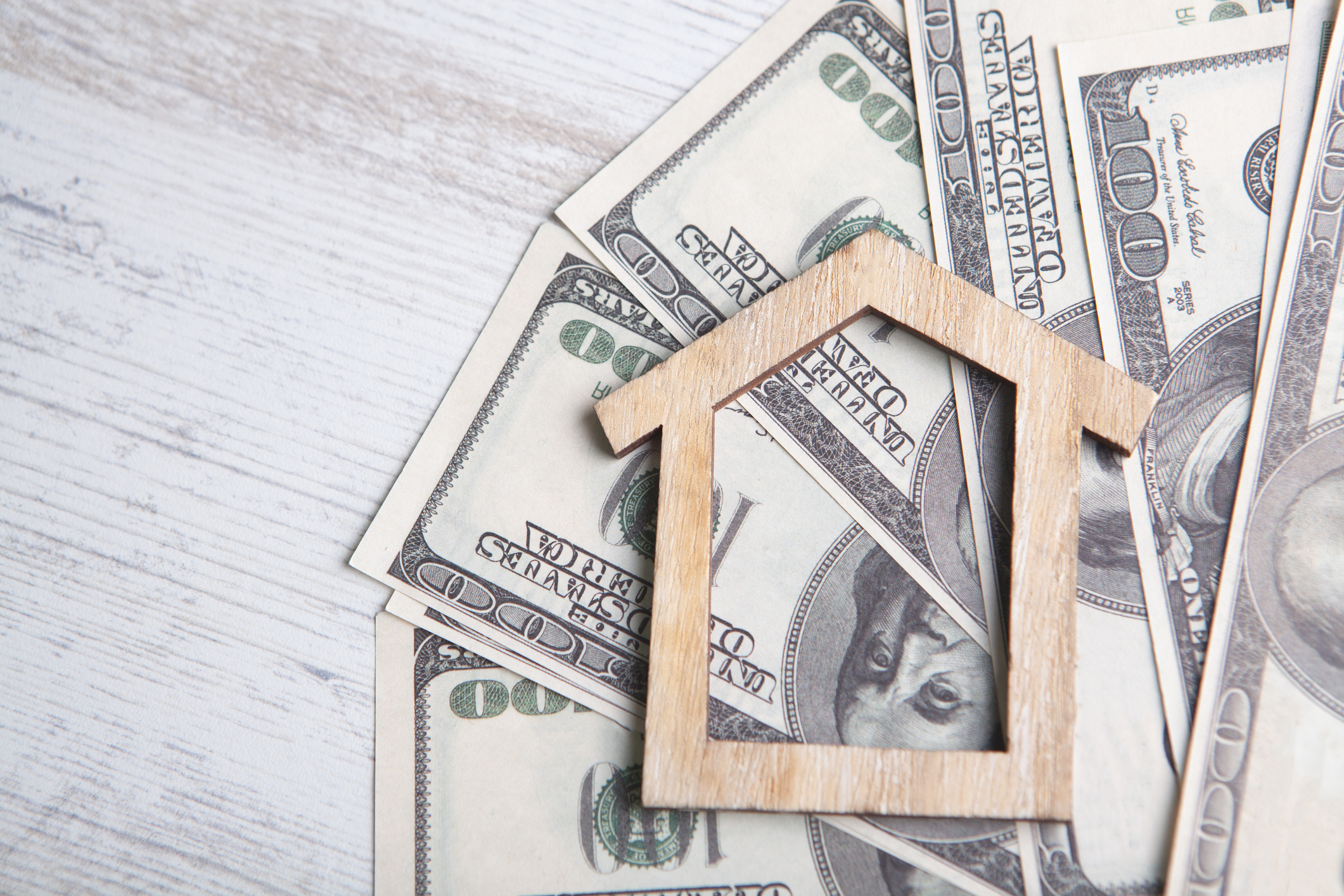Although it may be difficult to digest, there are several situations when even the best mortgage rates turn out to be the worst financial option.
You may find that home mortgage refinancing is tempting when you have enough money to make a big purchase. New furniture, luxury vehicles, Recreation Vehicles, expensive cruises, vacations, or boats are typical big purchases. The issue with making such large purchases is that they instantly decrease in value while increasing debt, whereas your assets do not increase your debt. Instead of building wealth to take advantage of low mortgage rates, repeated cash-out refinancing ideas negatively impact your personal net worth.

However, even when you avoid taking cash out, you can still make a financial error by refinancing. Households who frequently refinance rarely pay off their debts within thirty years, thus increasing the amortization period and accruing thousands of more dollars in interest. This ultimately puts their families at risk during uncertainties or emergencies like a job loss or significant illness.
Refinancing can be wise and potentially advantageous to your monetary future. Unfortunately, there are various circumstances when it is a financial misstep.
Refinancing for the Wrong Reasons
Cash-Out Refinance
Borrowing money against the equity your home has earned since you last negotiated your mortgage is known as ‘cashing out.’ This is an undesirable option in the following situations:- Cashing out refinance for new buyers. New home buyers will take a mortgage above the value of their home and take the balance in cash. This can be problematic because the borrowers have a large debt balance that will need to be repaid over and beyond what they initially needed.
- Serial refinancing with extra funds. Continually refinancing and using the extra funds will keep the borrower in debt longer.
Refinancing with 30-Year Term
Although most homeowners do not opt to cash out when refinancing, some of them aim to borrow funds at a lower interest rate to mitigate their periodic mortgage costs. However, by reaching out for another 30-year term, the applicants will eventually miss out on potential interest savings.

Refinancing for Smart Reasons
Although refinancing to a reduced rate is financially sensible, sometimes obtaining the most appealing mortgage rate results in borrowing more money for commodities they do not need. Falling into the vicious cycle of repeat refinancing is easy but results in an increased mortgage, more interest overall, and extending the repayment date longer into the future. Consequently, before you sign the refinancing papers to prolong or increase your mortgage, always ask yourself the following essential questions:- Why are you refinancing?
- What will be the impact and use of adding extra money to the mortgage? As well as their consequences to your long-term financial goals?
- How many years does refinancing add to the mortgage?
- Do you hold a mortgage tinged with any pre-payment penalty? If so, how much?
- What are the ending costs of refinancing, including all set-up and application charges, legal fees, and appraisal?
- How long may it take you to recoup the mortgage refinance expenses? Will you stay in the same house for the minimum of that long duration?
- Does my financial advisor and/or bookkeeper approve my step?

Cash-Out Refinance is Advantageous in Many Ways
Certain circumstances do permit refinancing with extra funds, especially when you reduce your total borrowing expenses and do not expand your amortization duration back to the original fifteen or thirty-year term. Some households use their finances to complete renovations, improve their property’s value, enhance their education, increase their income, or obtain better employment. Others make the most of refinancing to eventually increase their net value and decrease damaging credit card payments by combining heavy interest rate loans into a reduced interest mortgage rate. However, these activities can be harmful as it turns unsecured debt into secured debt with the help of your property. Consequently, if you default, you could lose your house.
Refinance and the Mortgage Term
Obtaining a rate that lowers your periodic payment while offsetting the refinancing costs is common logic to refinancing. The longer the amortization duration to pay off the debt, the more interest charges you pay with extra interest payments, which can deplete your savings made through a lower refinancing rate.
 About Complete Controller® – America’s Bookkeeping Experts Complete Controller is the Nation’s Leader in virtual bookkeeping, providing service to businesses and households alike. Utilizing Complete Controller’s technology, clients gain access to a cloud platform where their QuickBooks™️ file, critical financial documents, and back-office tools are hosted in an efficient SSO environment. Complete Controller’s team of certified US-based accounting professionals provide bookkeeping, record storage, performance reporting, and controller services including training, cash-flow management, budgeting and forecasting, process and controls advisement, and bill-pay. With flat-rate service plans, Complete Controller is the most cost-effective expert accounting solution for business, family-office, trusts, and households of any size or complexity.
About Complete Controller® – America’s Bookkeeping Experts Complete Controller is the Nation’s Leader in virtual bookkeeping, providing service to businesses and households alike. Utilizing Complete Controller’s technology, clients gain access to a cloud platform where their QuickBooks™️ file, critical financial documents, and back-office tools are hosted in an efficient SSO environment. Complete Controller’s team of certified US-based accounting professionals provide bookkeeping, record storage, performance reporting, and controller services including training, cash-flow management, budgeting and forecasting, process and controls advisement, and bill-pay. With flat-rate service plans, Complete Controller is the most cost-effective expert accounting solution for business, family-office, trusts, and households of any size or complexity.




